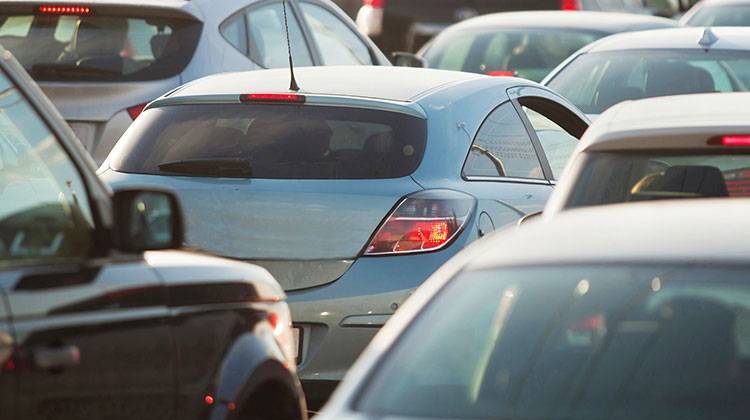
Legislation headed for the House floor would allow police to ticket people who don’t move their vehicles out of the road after an accident.
stock photoINDIANAPOLIS -- Legislation headed for the House floor would allow police to ticket people who don’t move their vehicles out of the road after an accident. The proposed bill essentially replaces a law that was recently dropped from state statute.
When Indiana rewrote its criminal code, legislators identified some crimes as obsolete or redundant and deleted them. The state’s so-called "move it" law -- which required motorists who’ve been in an accident to move their cars out of the road, unless doing so would injure someone -- was eliminated because it charged people with a misdemeanor, and lawmakers thought that was too strict.
Proposed legislation would reinstate that law, but make it just an infraction, a traffic ticket that carries a fine of up to $500.
Indiana State Police legal counsel Brad Hoffeditz says many drivers refuse to move over because their insurance companies tell them not to.
“Making sure the insurance companies are clear that once we have that statute in place as an infraction, they will no longer require that their vehicles stay,” Hoffeditz says.
Hoffeditz says he doesn’t anticipate writing a lot of tickets because of the law; he says it would be applied more as an awareness measure.
 DONATE
DONATE









 Support WFYI. We can't do it without you.
Support WFYI. We can't do it without you.